ETF (Exchange Traded Funds) have revolutionized the world of investing by providing a simple, low-cost way to diversify portfolios. These financial instruments track indexes, commodities, and even bonds, giving investors access to a wide range of assets without having to buy individual securities. The rise of decentralized finance (DeFi) has brought forth new opportunities, and one such innovation is ETFswap.
ETFswap, a decentralized exchange for tokenized ETFs, is poised to transform how investors interact with ETFs by offering faster, cheaper, and more efficient ways to swap these investment products. But the crucial question for many investors and market participants is, “Where will ETFswap be listed?”
In this article, we will explore the potential listing venues for ETFswap, including the major exchanges that may adopt it, the regulatory landscape, and the broader implications for the cryptocurrency and traditional financial sectors. As the adoption of decentralized finance grows, ETFswap could become a cornerstone in the future of investment platforms. Let’s dive deeper into where ETFswap could be listed in the coming months and years.
What Is ETFswap?
Before we explore the listings, it’s important to understand what ETFswap is. ETFswap is a decentralized protocol designed to facilitate the seamless exchange of tokenized ETFs (Exchange-Traded Funds). These tokenized ETFs allow investors to buy and sell shares of ETFs in a decentralized manner, giving them more control and flexibility over their investments.
By utilizing blockchain technology, ETFswap seeks to eliminate the intermediaries involved in traditional trading, reducing costs and improving the efficiency of transactions. The goal is to offer a decentralized platform where ETF trading is as easy as exchanging cryptocurrencies, opening new doors for investors seeking low-cost and transparent trading opportunities.
As the ETF market continues to grow, ETFswap offers a new avenue for investors, providing a decentralized alternative to traditional financial platforms. However, to achieve widespread adoption, ETFswap needs to be listed on prominent exchanges that can give it the exposure it needs to reach a global audience.
The Potential for ETFswap Listings on Major Crypto Exchanges
One of the first places where ETFswap could be listed is on decentralized exchanges (DEXs) like Uniswap and SushiSwap. These platforms have revolutionized the crypto trading world by allowing users to trade tokens without relying on centralized entities. As the ETFswap protocol itself is decentralized, it fits perfectly with the ethos of decentralized exchanges.
Uniswap: The Leading Decentralized Exchange
Uniswap is the largest and most popular decentralized exchange in the crypto world. It has been instrumental in the rise of decentralized finance (DeFi), and its adoption of new tokens has been a critical factor in the success of many projects. If ETFswap is listed on Uniswap, it could significantly enhance its visibility and accessibility to a wide range of crypto investors.
Uniswap operates on the Ethereum blockchain, allowing users to swap ERC-20 tokens with ease. Since ETFswap is likely built on a blockchain like Ethereum or Binance Smart Chain (BSC), it could seamlessly integrate into Uniswap’s liquidity pools, making it easier for traders to access ETFswap tokens.
SushiSwap: A Strong Contender
Another prominent decentralized exchange is SushiSwap. It is a fork of Uniswap but with additional features that allow for greater flexibility and control. SushiSwap has gained significant traction in the DeFi space and could be a prime candidate for listing ETFswap. The platform offers liquidity incentives and governance features that could appeal to ETFswap’s decentralized nature.
SushiSwap operates on multiple blockchains, including Ethereum, BSC, and Polygon, which makes it an attractive option for tokenized ETFs that want to tap into a wide range of users across different networks. Listing ETFswap on SushiSwap would offer additional liquidity options and more access points for investors around the world.
Centralized Exchanges: The Road Ahead for ETFswap
While decentralized exchanges are a natural fit for ETFswap, centralized exchanges (CEXs) still play a significant role in the broader crypto ecosystem. Major centralized exchanges like Binance, Coinbase, and Kraken offer a larger user base and greater liquidity, which can help drive the adoption of new tokens.
Binance: The Global Leader
Binance is one of the largest and most well-established cryptocurrency exchanges in the world. The platform supports a vast number of tokens, including DeFi projects like Uniswap and PancakeSwap. Listing ETFswap on Binance would give it exposure to millions of active users, many of whom are experienced traders looking for new investment opportunities.
Binance’s popularity in both the centralized and decentralized finance sectors makes it an ideal candidate for ETFswap’s listing. As ETFswap’s liquidity and trading volume grow, Binance could see the potential for listing it as part of its DeFi offering.
Coinbase: A Trusted Name for Mainstream Adoption
Coinbase is one of the most recognized names in the cryptocurrency world, particularly in the United States. The exchange has a reputation for being user-friendly and compliant with regulatory standards, making it a popular platform for new and experienced investors alike.
While Coinbase has been cautious about listing new tokens, its recent push into DeFi projects suggests that ETFswap could find a place on the exchange in the future. As more institutional investors and retail users adopt decentralized finance solutions, Coinbase may see the potential for listing ETFswap as part of its DeFi-focused initiatives.
Kraken: A Solid Option for DeFi Projects
Kraken has always been a reliable exchange for both beginners and experienced traders. With its support for a wide range of tokens and growing interest in DeFi, Kraken could also be a good candidate for listing ETFswap. As DeFi continues to evolve, Kraken could become a key platform for decentralized tokens like ETFswap.
Regulatory Considerations for ETFswap Listings
The regulatory landscape plays a significant role in determining where and how new financial products like ETFswap are listed. Traditional financial markets have strict rules regarding the listing of investment products, and decentralized finance is no exception.
Compliance with SEC Regulations
In the United States, the Securities and Exchange Commission (SEC) regulates investment products like ETFs. The SEC has shown increasing interest in DeFi projects, and it is likely that ETFswap will need to comply with these regulations to be listed on major centralized exchanges in the U.S. If ETFswap is recognized as a security, it could face additional regulatory hurdles before being allowed on platforms like Binance.US or Coinbase.
European and Global Regulations
In Europe, the regulatory landscape is slightly different but equally significant. The European Union has been working on legislation for the regulation of crypto assets, and it’s possible that ETFswap will need to meet these standards before it can be listed on major exchanges in Europe. Global regulations will also play a role in determining how and where ETFswap is listed, especially as the DeFi space grows in prominence.
The Role of Liquidity Providers and Market Makers
For ETFswap to be successfully listed on both decentralized and centralized exchanges, liquidity providers and market makers will play a key role. Liquidity is essential for ensuring that ETFswap tokens can be traded efficiently and without significant price slippage. Market makers can help ensure that there is always a buyer and seller available for ETFswap tokens, enhancing its overall liquidity and making it a more attractive asset for traders.
Partnerships with DeFi Protocols
ETFswap could also form strategic partnerships with other DeFi protocols and liquidity pools to increase its liquidity across multiple exchanges. These partnerships could help drive more interest in the token and facilitate smoother trading experiences on platforms like Uniswap, SushiSwap, and other decentralized exchanges.
What the Future Holds for ETFswap Listings
As the DeFi sector continues to grow, ETFswap is well-positioned to become a major player in the ETF market. Its listing on both decentralized and centralized exchanges will play a critical role in its adoption and success. For now, the most likely candidates for ETFswap listings include prominent DEXs like Uniswap and SushiSwap, as well as centralized exchanges like Binance and Coinbase.
ALSO READ:When Will ETFSwap Go Live? A Complete Timeline and Launch Expectations
As the regulatory landscape evolves and the crypto market matures, ETFswap may also find itself listed on more global platforms, offering investors around the world new opportunities to invest in tokenized ETFs. With increasing interest in DeFi and blockchain technology, ETFswap could play a pivotal role in shaping the future of investing in ETFs.
Conclusion
The future of ETFswap looks promising, and its listings will be an important milestone in its journey. Whether on decentralized exchanges or centralized platforms, ETFswap has the potential to reshape how investors access and trade ETFs. As the DeFi space continues to expand and regulations become clearer, the list of exchanges where ETFswap can be listed will only grow. Investors, market makers, and liquidity providers will all have a role to play in the success of this new and exciting product in the world of decentralized finance. The next few years will be crucial for ETFswap, and its listings will determine how quickly it becomes a mainstream investment tool for both retail and institutional investors.
4o mini
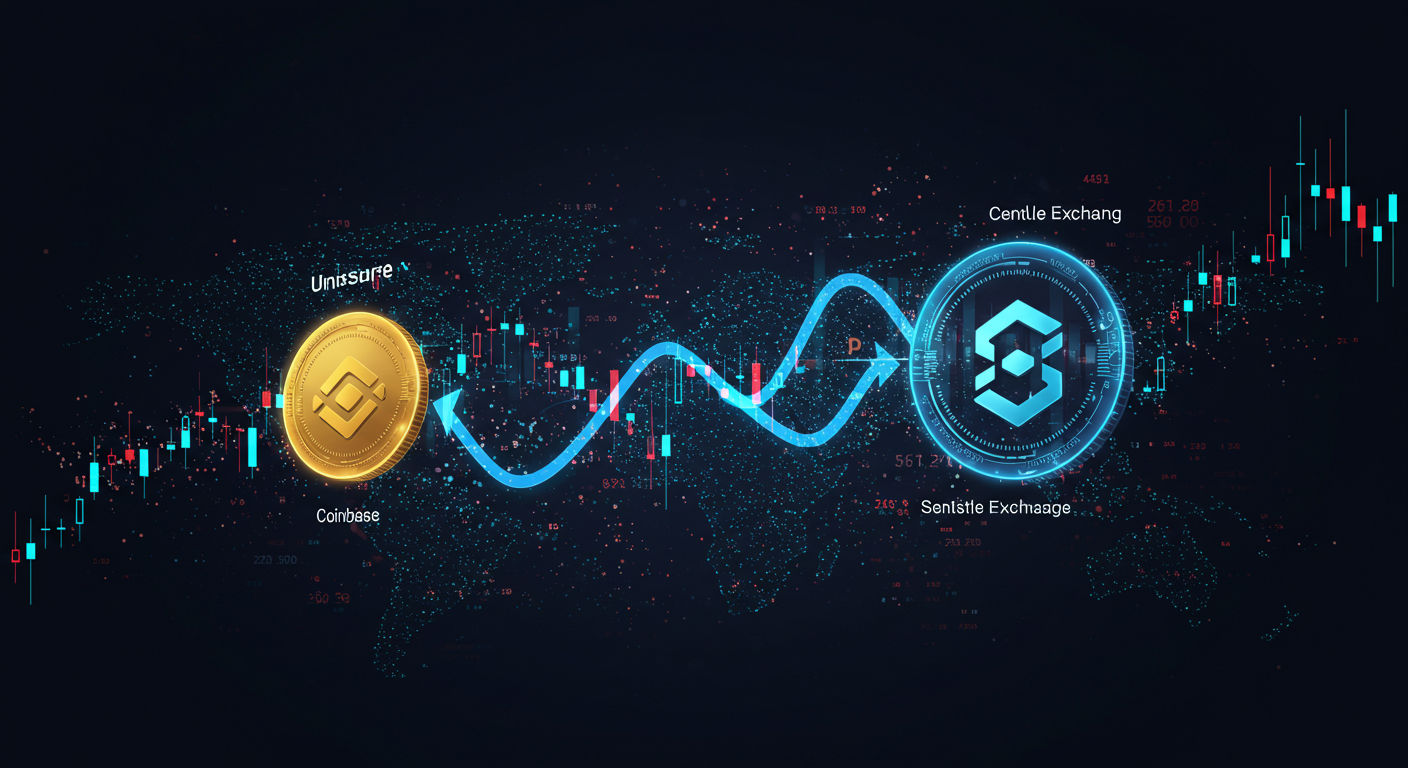

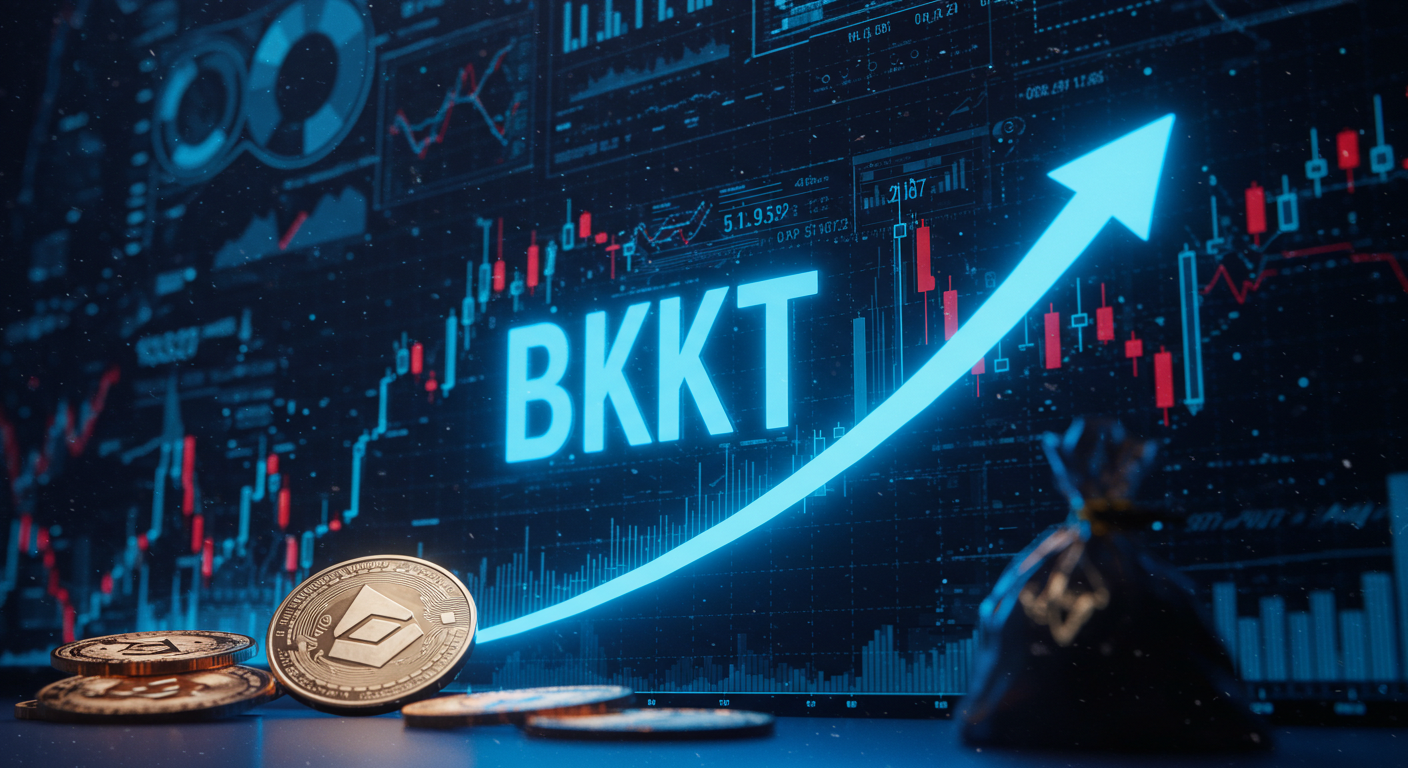

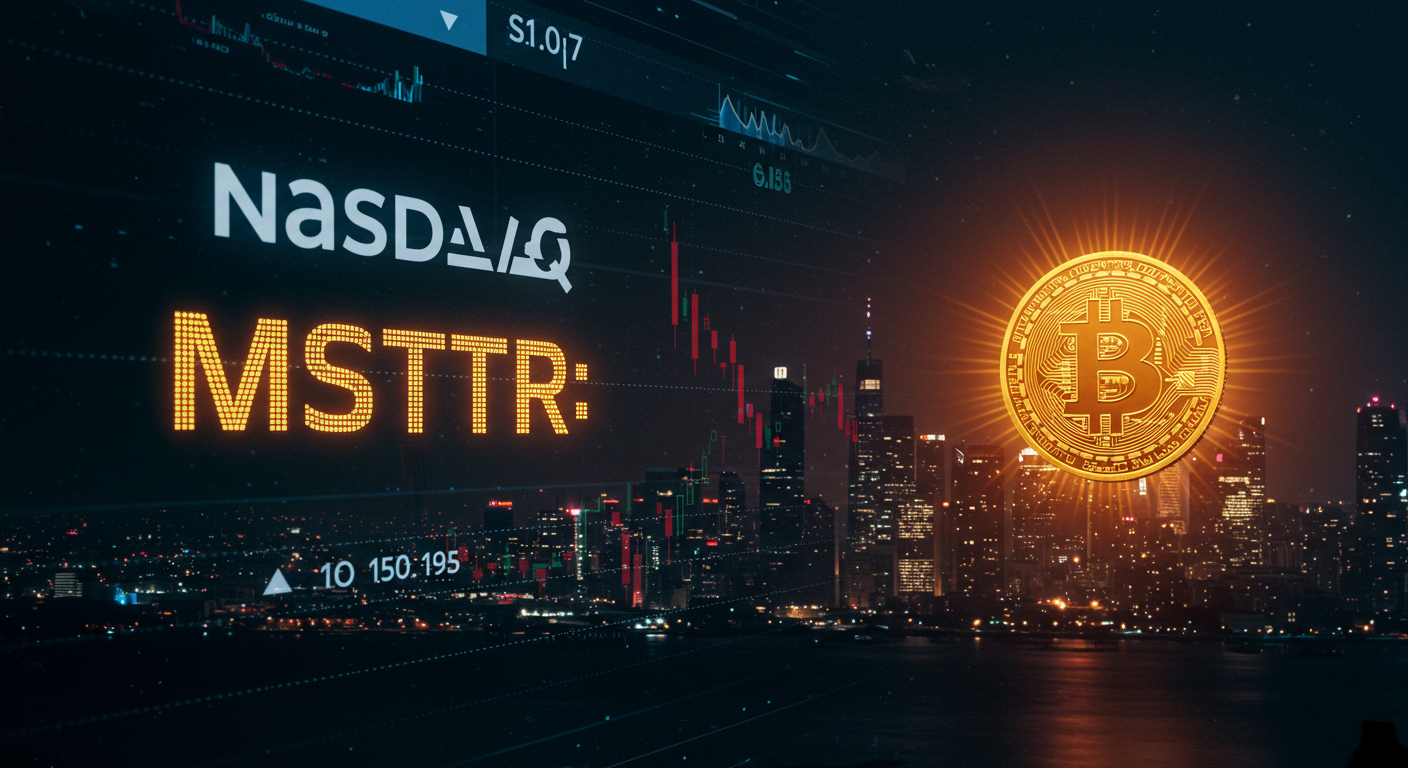




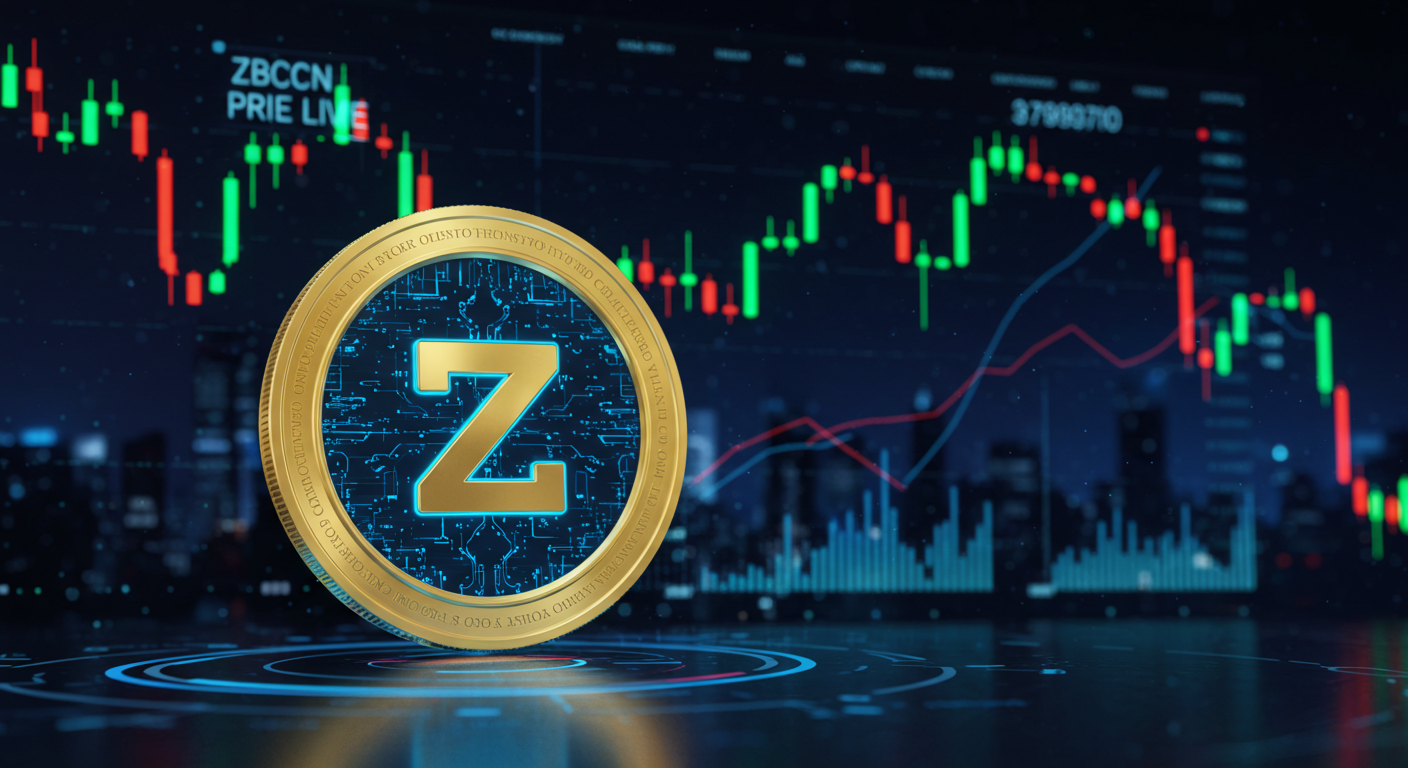

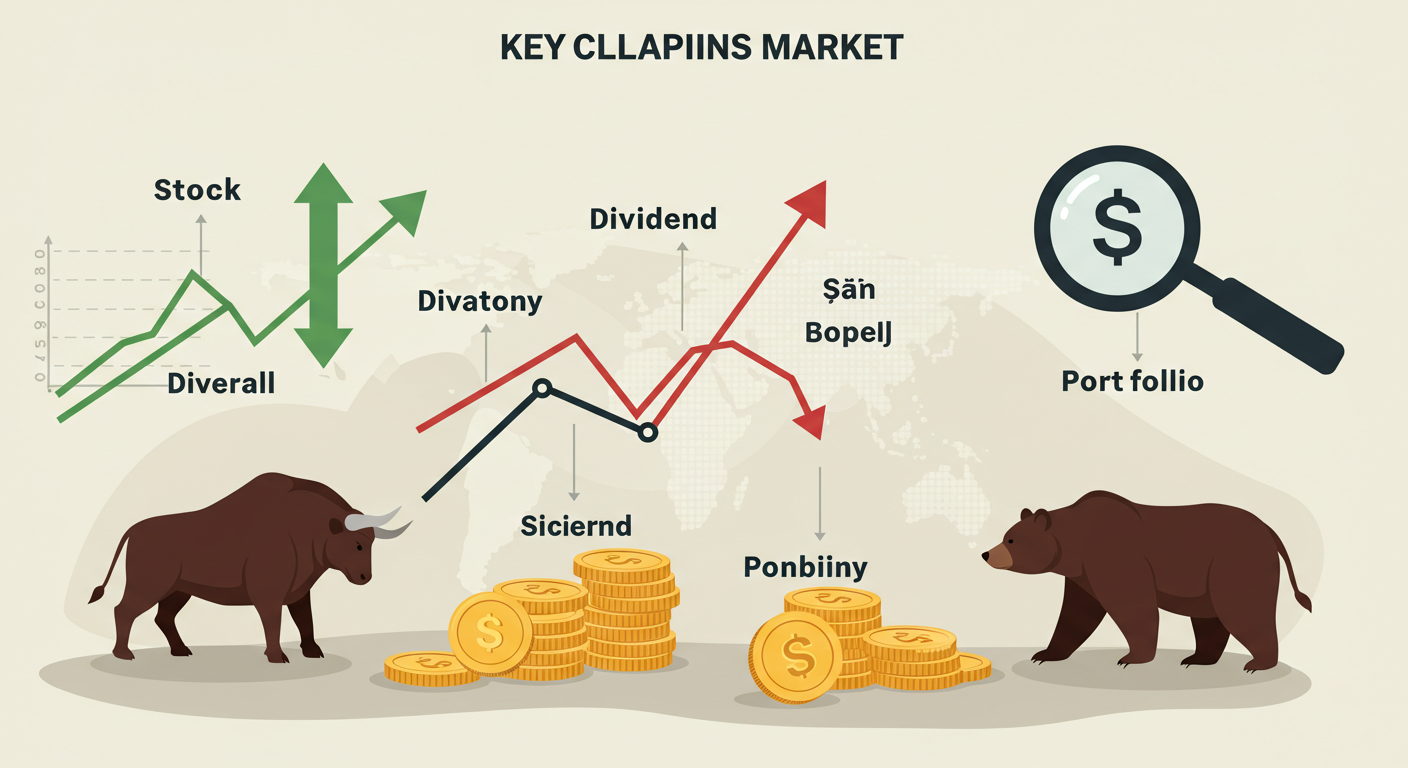
Leave a Reply